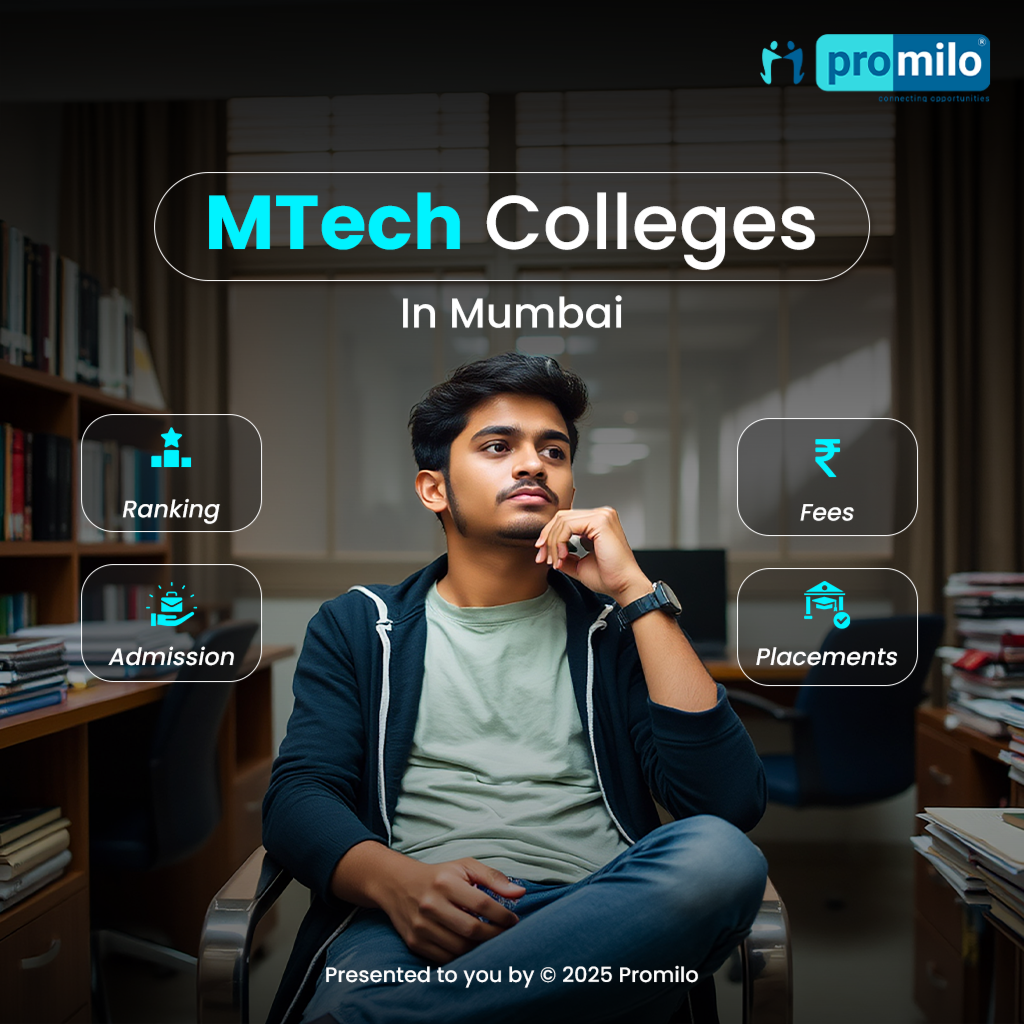


 ,
Management
,
Management
 ,
Science
,
Science
 ,
Arts
,
Arts
 ,
Commerce
,
Commerce
 ,
IT & Software
,
IT & Software
 ,
Teaching & Education
,
Teaching & Education
 ,
Medical
,
Medical
 ,
Pharmacy
,
Pharmacy
 ,
Nursing
,
Nursing
 ,
Paramedical
,
Paramedical
 ,
Law
,
Law
 ,
Mass Communications
,
Mass Communications
 ,
Design
,
Design
 ,
Ayurveda
,
Ayurveda
 ,
Vocational Courses
,
Vocational Courses
 ,
Hotel Management
,
Hotel Management
 ,
Agriculture
,
Agriculture
 ,
Architecture & Planning
,
Architecture & Planning
 ,
Animation
,
Animation
 ,
Dental
,
Dental
 ,
Aviation
,
Aviation
 ,
Veterinary Sciences
,
Veterinary Sciences
 ,
Hospitality & Travel
,
Hospitality & Travel
 ,
Beauty & Fitness
,
Beauty & Fitness
 ,
Certification
,
Certification



Looking for MTech colleges in Mumbai in 2026? Explore the NIRF ranking 2025, fees, and admission details to make the right choice.
College Search Made Easy, Find the Right College for You in Minutes, Not Months!
Discover courses, internships, and jobs that sync with your goals.
Get access to premium features and connect directly with experts. You're all set!
Schedule a free online meeting or talk to experts Jump into a meeting with pro-experts. We got you!
Your time is valuable, and we appreciate every moment you spend with us. That's why we continue to reward you for your engagement.